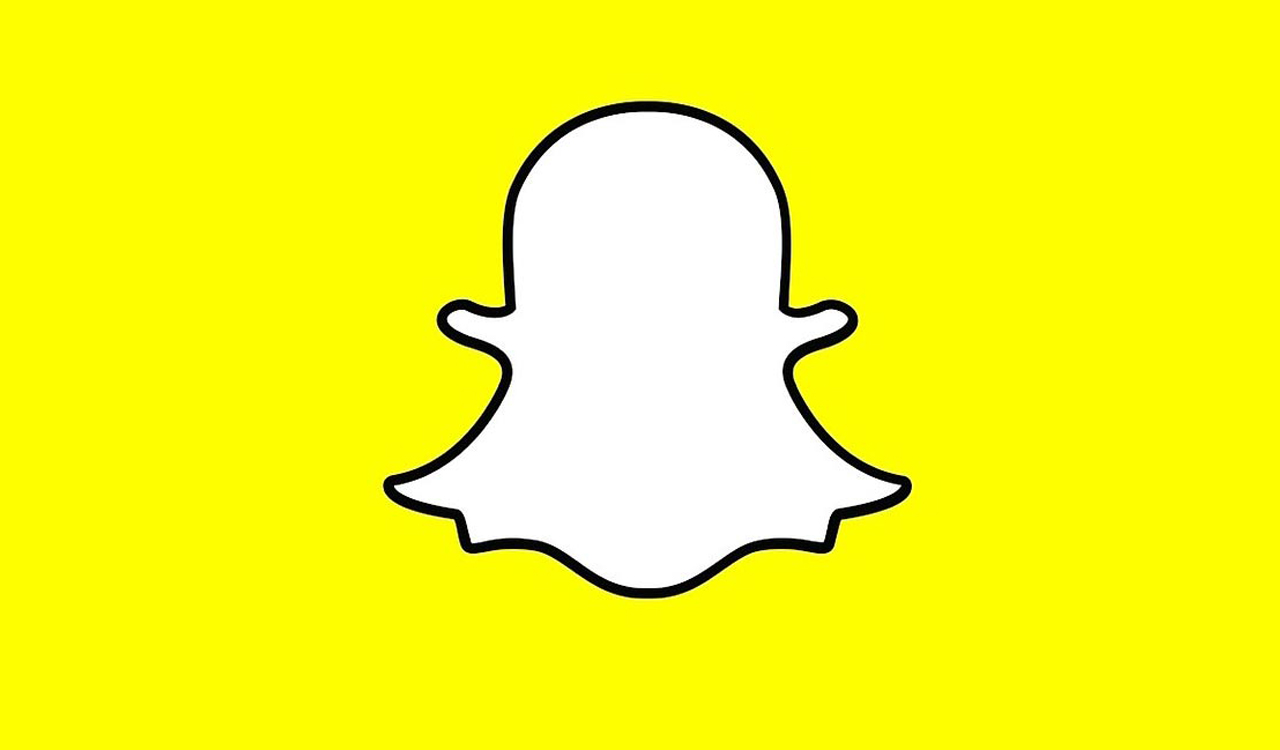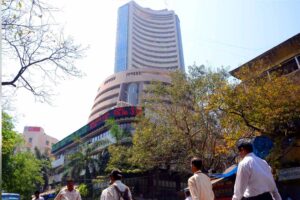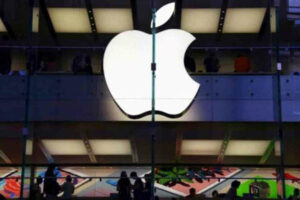In a message to Snap employees, CEO Evan Spiegel acknowledged that several factors have evolved since they initially embarked on the AR Enterprise strategy.
Updated On – 11:19 AM, Thu – 28 September 23

New Delhi: Snap, the parent company of Snapchat, has sacked nearly 170 employees from its augmented reality (AR) enterprise division and shut down the unit.
Snap CEO Evan Spiegel said in a note to employees that several things have changed since they first began pursuing the AR Enterprise strategy.
“We have made the difficult decision to wind down our AR Enterprise business. After exploring our options over the past few months,” Spiegel said, adding that “it became clear that it would take significant incremental investment to grow our enterprise offering for retailers and we simply cannot make that investment at this time”.
While some AR Enterprise team members will remain at Snap to support CameraKit, Sponsored AR advertising, and the more than 250 million people who engage with AR every day on Snapchat, “approximately 170 team members will no longer work at Snap”, he informed the employees late on Wednesday.
The Snap CEO admitted that the advent of generative AI has made it easier for companies of all sizes to create try-on experiences for their customers and “made it harder for us to differentiate our offering”.
Also, “our business performance has reduced our capacity to invest in this incremental opportunity as we have had to focus our resources on our core advertising business”, Spiegel added.
The company said it will do its best to “support the team members who are leaving our business by providing severance packages and outplacement needs, and by rehiring team members into open roles where possible”.
Snap last year laid off 20 per cent of its workforce, roughly 1,280 employees from its 6,400-strong headcount, as it “must face the consequences of lower revenue growth and adapt to the market environment”.
Snapchat’s parent company registered $1.07 billion in revenue during the second quarter (Q2) this year — up from last quarter but a year-over-year dip.
Snap saw its first revenue decline as a public company in Q1, marking a 7 per cent drop in sales from the previous year.





